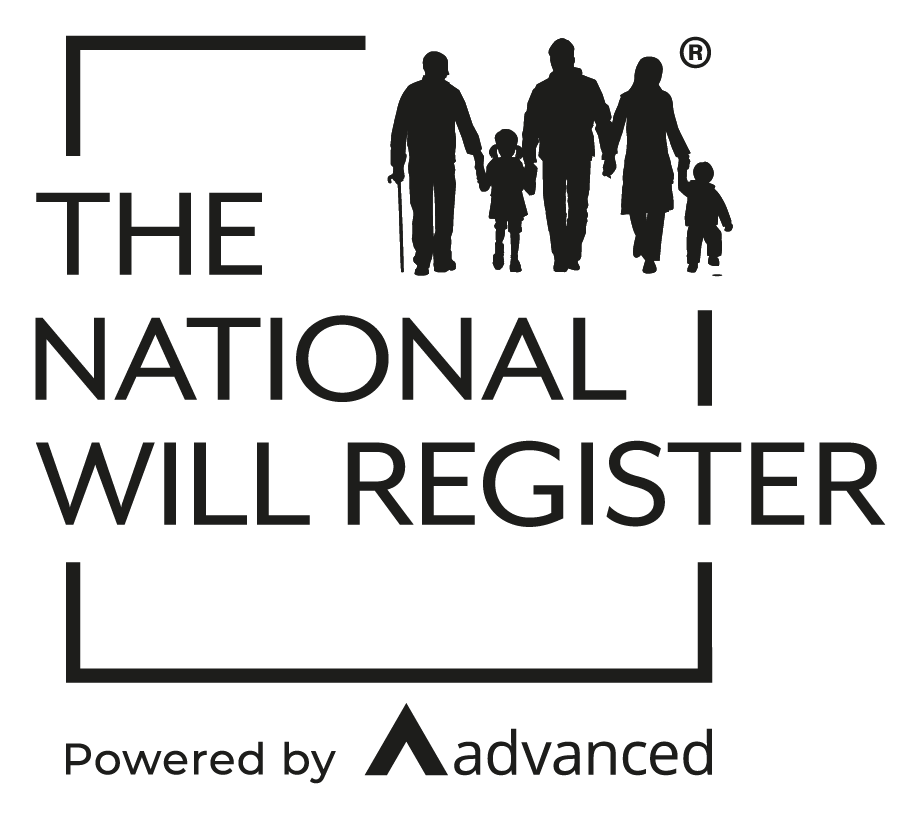
Digital Assets and Estate Planning: Managing Your Online Presence After Death
In our digital world, managing your affairs after death involves more than just physical assets. As technology improves, individuals are accumulating a significant number of digital assets, ranging from social media accounts and email addresses to cryptocurrency and online photo albums. Incorporating these digital assets into your estate planning is crucial to ensure a smooth transition for your loved ones in the digital realm. Here’s a comprehensive guide to help you navigate the complex landscape of digital estate planning.
Understanding Digital Assets
Digital assets encompass a wide array of online possessions, including:
Social Media Accounts: Facebook, Twitter, Instagram, LinkedIn, and others.
Email Accounts: Gmail, Outlook, Yahoo, etc.
Online Storage: Google Drive, Dropbox, iCloud, etc.
Cryptocurrency: Bitcoin, Ethereum, and other digital currencies.
Digital Media: Photos, videos, and music stored online.
Domain Names and Websites: Personal blogs or business websites.
The Importance of Digital Estate Planning
Access and Ownership: Many digital platforms have strict access policies. Without proper planning, loved ones may struggle to gain access to information or even lose ownership of valuable digital assets.
Privacy Concerns: Leaving your digital presence unattended may expose sensitive information. Estate planning allows you to address privacy concerns and control the dissemination of personal data.
Monetary Value: Cryptocurrencies and other digital assets may have significant value. Including them in your estate plan ensures they are passed on according to your wishes.
Steps for Digital Estate Planning
Take Inventory: Create a list of all your digital assets, including usernames, passwords, and all relevant account details. Store this information securely.
Appoint a Digital Executor: Choose someone you trust to handle your digital assets. This person, a digital executor, should be familiar with your online presence and understand your wishes.
Include Digital Assets in Your Will: Clearly outline how you want your digital assets handled. Specify whether you want accounts closed, content archived, or assets transferred to specific individuals.
Utilize Digital Estate Planning Services: Some online platforms offer tools or services for users to plan their digital estates. Explore these options to ensure a smoother process.
Update Regularly: As your digital footprint evolves, update your digital estate plan accordingly. New accounts, changes in ownership, or updates to passwords should be documented.
Legal Considerations
Laws Vary: Digital estate planning laws vary by jurisdiction. Stay informed about the legal requirements in your area to ensure your plan aligns with local regulations.
Consult Legal Professionals: Seek advice from legal professionals who specialise in digital estate planning. They can guide the best strategies for your specific situation.
In the age of technology, a well-thought-out estate plan should extend beyond physical assets to encompass your digital footprint. By proactively managing your online presence, you can alleviate the burden on your loved ones and ensure that your digital legacy is cared for according to your wishes. Start the conversation about digital estate planning today to secure a seamless transition for your virtual assets tomorrow.
Join Our Mailing List
Once Weekly Webinar
Free Webinar Once Per Week
Our free webinar runs once per week and is available to anybody who wants to know more about getting started on the road to financial freedom.


